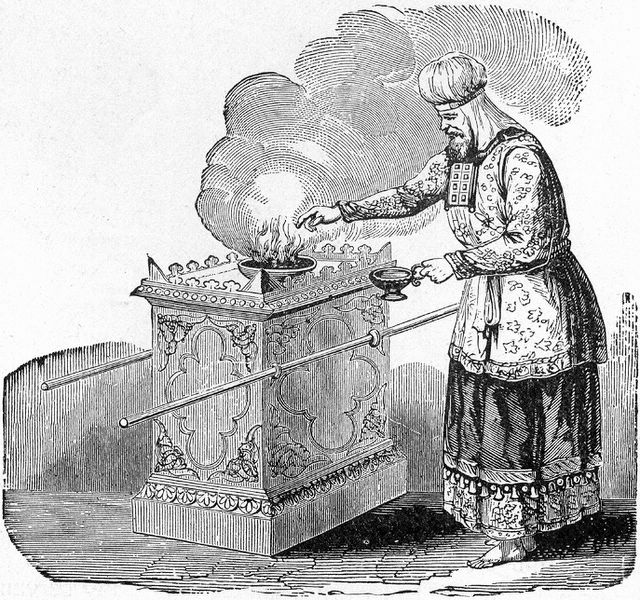The reputation of the Book of Leviticus, which we begin to read this Shabbat, has suffered from ups and downs in the public eye. In traditional Judaism it was considered so important that the education of little children began with the study of Leviticus. “Let those who are pure come and study the laws of purity” was the common saying. In the nineteenth century, however, Leviticus was severely criticized by non-Jewish Biblical critics, who considered it to be a primitive book, concerned only with dry ritual, far from the high ideals of the prophets.
Fortunately the reputation of Leviticus has recently been restored by the work of two outstanding individuals: Rabbi Jacob Milgrom and the late Prof. Mary Douglas.. Rabbi Milgrom has written a magnificent commentary that has revealed the religious concepts that underlie the book. Prof. Douglas, a devout English Christian anthropologist, viewed the book from a unique perspective. In Leviticus As Literature she explained the purpose of Leviticus as follows:
“Read in the perspective of anthropology the food laws of Moses are not expressions of squeamishness about dirty animals and invasive insects. The purity rules for sex and leprosy are not examples of priestly prurience. The religion of Leviticus turns out to be not very different from that of the prophets which demanded humble and contrite hearts, or from the psalmists’ love of God….The more closely the text is studied, the more clearly Leviticus reveals itself as a modern religion, legislating for justice between persons and persons, between God and His people, and between people and animals.” (Pages 1-2)
We often distinguish Messianic Jewish theology from historic Christian theology by emphasizing our approach to the Torah. But as I read through Leviticus, I wonder if we Messianic Jews don't also struggle to discern the relevance of the forms of worship described in this central book of the Torah. I wonder if what makes it seem dry to us isn't a nagging feeling that these rituals depend on a metaphysics that is strikingly different from our own? The idea of God being worshipped through animal sacrifice is itself a difficult one which Jewish thinkers have been wrestling with since the medieval period.
Currently I am reading a book which includes insights from the other scholar mentioned by Dr. Hammer, Jacob Milgrom. Yeshua Our Atonement, the newest effort from R. Derek Leman, offers a Messianic Jewish synthesis of Milgrom's work on Leviticus and Christian thinker Scot McKnight's work on atonement. Derek's book is the only book I know of which does this. So far I am finding it very helpful for working out a Messianic Jewish theology of Leviticus and of atonement.
This is a particularly timely study since we've reached Leviticus in the Torah cycle and we're drawing near to Passover. I hope to review further insights derived from Derek's book in the weeks to come. If you want to join me in learning about these topics, you can order a copy of Yeshua Our Atonement here.
'via Blog this'





No comments:
Post a Comment